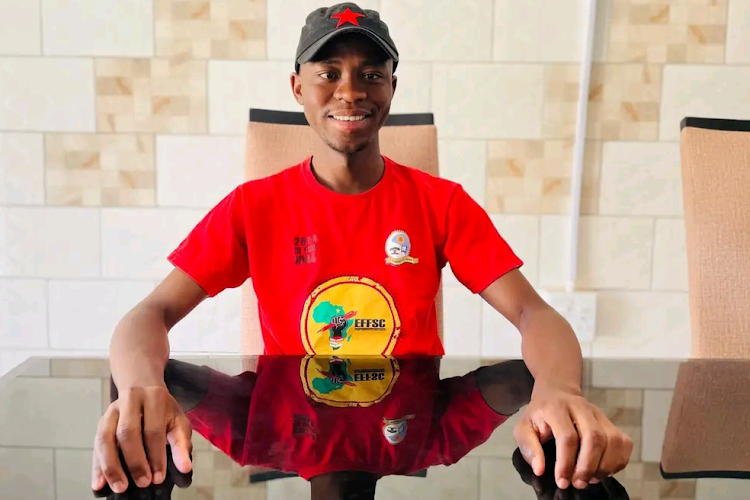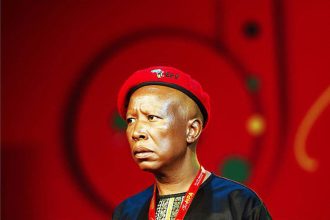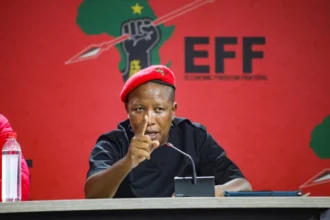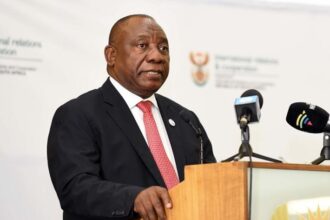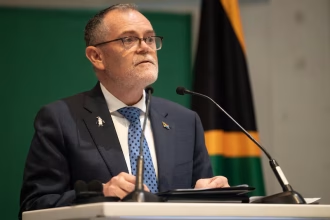Kganki Mphahlele, a member of the Economic Freedom Fighters Student Command (EFFSC), has been expelled after publicly clashing with EFF leader Julius Malema on social media. The fallout began when Mphahlele, known by his Twitter handle @Absolute_Kganki, criticized Malema’s alleged attempt to appoint former secretary general Godrich Gardee as the party’s deputy spokesperson, a role left open by Floyd Shivambu’s resignation. According to Mphahlele, many EFF branches favoured Dr. Mbuyiseni Ndlozi for the position instead, and he warned Malema not to challenge the wishes of these branches.
The Twitter Exchange and EFF’s Reaction
Malema responded to Mphahlele’s tweets with a taunt, to which Mphahlele replied, asserting that Malema was “untouchable” and could not dominate political spaces. This public dispute ultimately led to the EFF accusing Mphahlele of violating the party’s Code of Conduct and Revolutionary Discipline. The EFF’s official statement on Mphahlele’s expulsion claimed he had “insulted and defamed the EFF and its leaders,” causing reputational harm to the organization.
In his own statement, Mphahlele defended his position and rejected accusations of being affiliated with the MK Party, as some had suggested. He contended that his expulsion was motivated by personal grievances within the party, spearheaded by Malema and his inner circle. Following the expulsion, Mphahlele shared that he has been receiving threats, allegedly from EFF members, which he claims have put his life in danger.
A Broader Pattern of Dissent and Consequences
This incident sheds light on the EFF’s strict disciplinary practices and its intolerance for internal dissent, especially in public forums. Mphahlele’s expulsion comes amid broader debates over the concentration of power within the EFF and the role of leadership in managing party ranks. His call for decentralization of influence aligns with critiques from some quarters that Malema’s leadership is overly authoritative.
Concerns Over Party Discipline and Loyalty
Mphahlele’s expulsion underscores the EFF’s firm stance on internal discipline and public loyalty to its leadership. For some, this raises questions about whether there is sufficient space within the party for debate and differing opinions, especially given the personal and sometimes life-threatening ramifications Mphahlele alleges.
As the EFF faces upcoming electoral cycles, this incident may resonate with members who feel similarly constrained, highlighting ongoing tensions between leadership authority and grassroots representation within South Africa’s political landscape.

